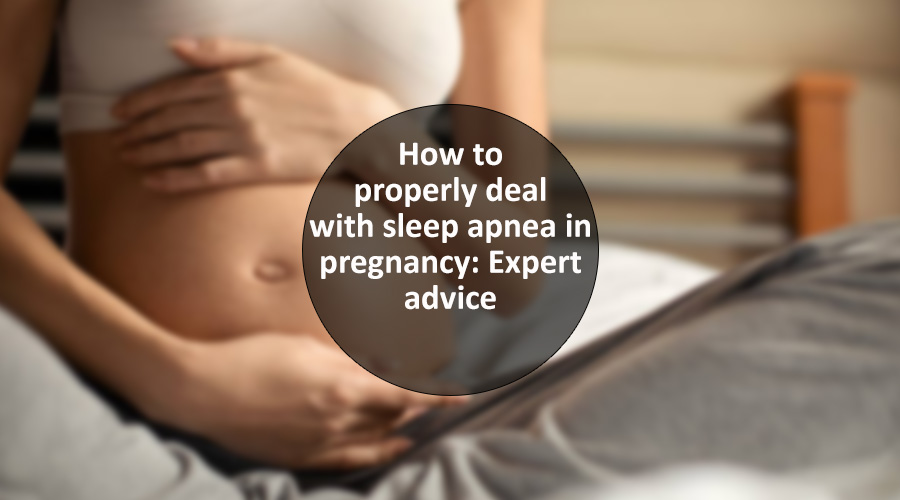Sleep apnea is a common sleep disorder in which a person repeatedly stops breathing during sleep. It can be a serious problem for pregnant women, as it can lead to high blood pressure, weight gain, and even birth defects in the baby.
Here are some things you need to know on to properly deal with sleep apnea in pregnancy:
What is sleep apnea during pregnancy?
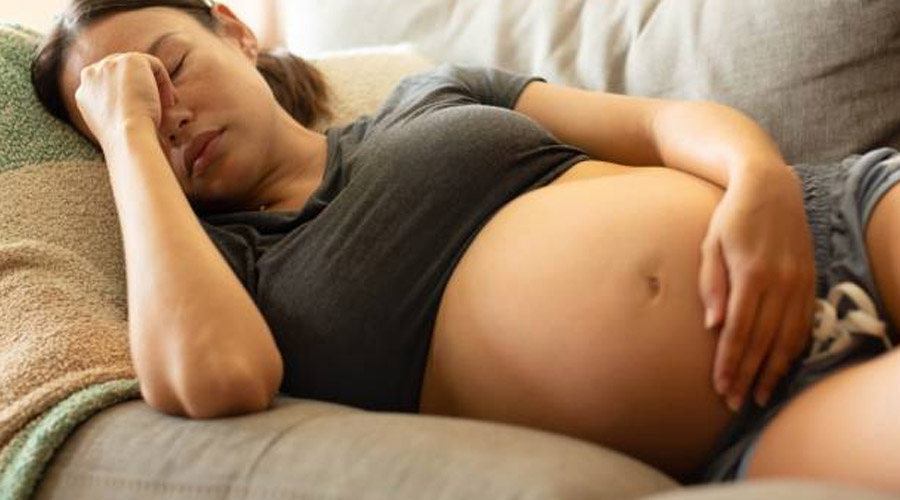
Sleep apnea is a sleep disorder that causes you to stop breathing for brief periods of time during sleep. It can lead to a number of health problems, including heart disease, high blood pressure, and stroke. Sleep apnea is more common in women than men, and it’s especially common during pregnancy.
If you think you might have sleep apnea, talk to your doctor. Treatment options include lifestyle changes, such as losing weight or quitting smoking, and medications or devices that help you breathe better during sleep. If these treatments don’t work, surgery may be an option.
Sleep apnea can cause health problems for both you and your baby if left untreated. However, with treatment, the risks are reduced. Talk to your doctor about how best to treat your sleep apnea during pregnancy.
What causes obstructive sleep apnea?
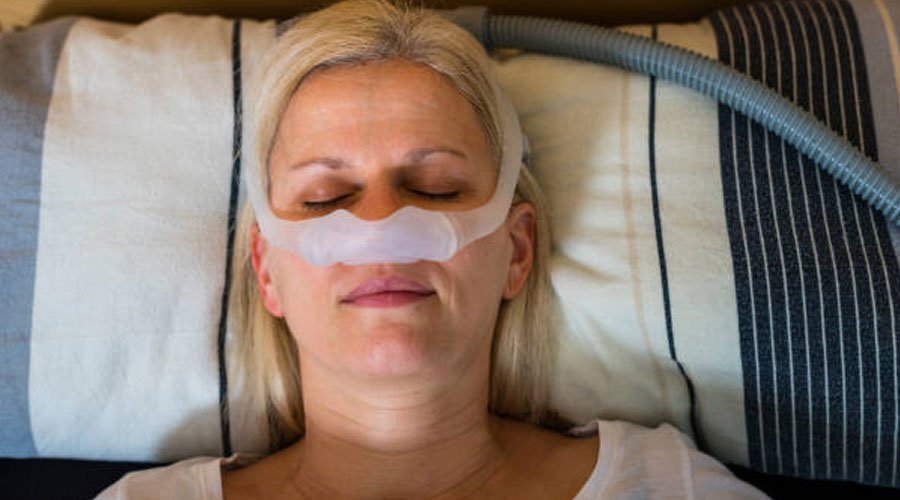
There are many potential causes of obstructive sleep apnea (OSA). Some people are born with structural abnormalities that can lead to OSA. Other causes include obesity, nasal congestion, and smoking. The most common cause is excessive weight, which puts pressure on the throat and restricts airflow. When the airway becomes blocked, the brain senses a lack of oxygen and sends out signals to wake the person up. This can happen dozens of times per night, leading to poor quality sleep and daytime fatigue.
Who is at risk for obstructive sleep apnea during pregnancy?
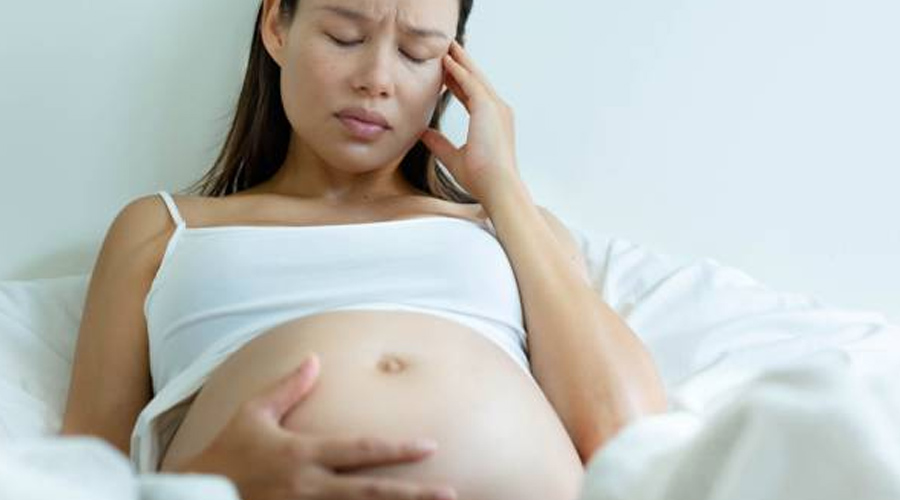
There are many women who are at risk for obstructive sleep apnea during pregnancy. Women who are obese or have a history of sleep apnea are at an increased risk for developing the condition during pregnancy. Pregnant women who smoke or drink alcohol are also at an increased risk of developing obstructive sleep apnea.
What are the risks of obstructive sleep apnea during pregnancy?
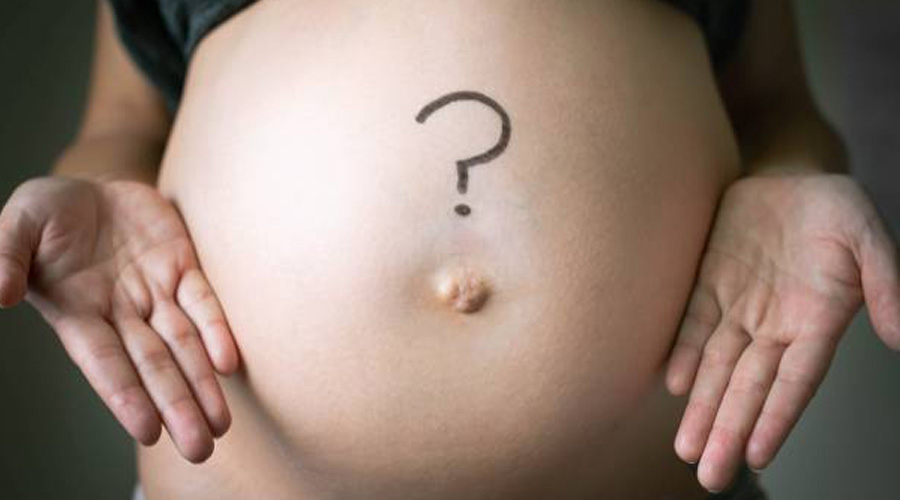
Sleep apnea is a common disorder that causes breathing to stop and start during sleep. It can lead to problems such as fatigue, morning headaches, and difficulty concentrating. Obstructive sleep apnea is the most common type of sleep apnea and occurs when the airway becomes blocked or narrowed.
Pregnant women are at risk for obstructive sleep apnea because the added weight of the baby can put pressure on the airway. This can cause the airway to narrow and lead to episodes of interrupted breathing. Women who are pregnant and have obstructive sleep apnea are also at risk for other complications, such as high blood pressure and preeclampsia.
How is obstructive sleep apnea treated?
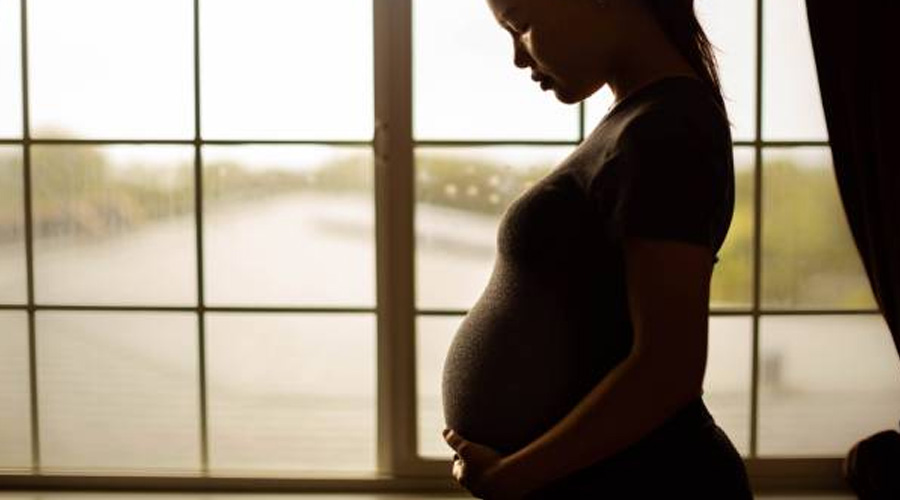
There are many treatments for obstructive sleep apnea. One common treatment is a CPAP machine. A CPAP machine is a device that blows air into your nose while you sleep. This keeps your airways open and prevents apnea episodes. Other treatments include surgery and medications.
Does sleep apnea go away after pregnancy?
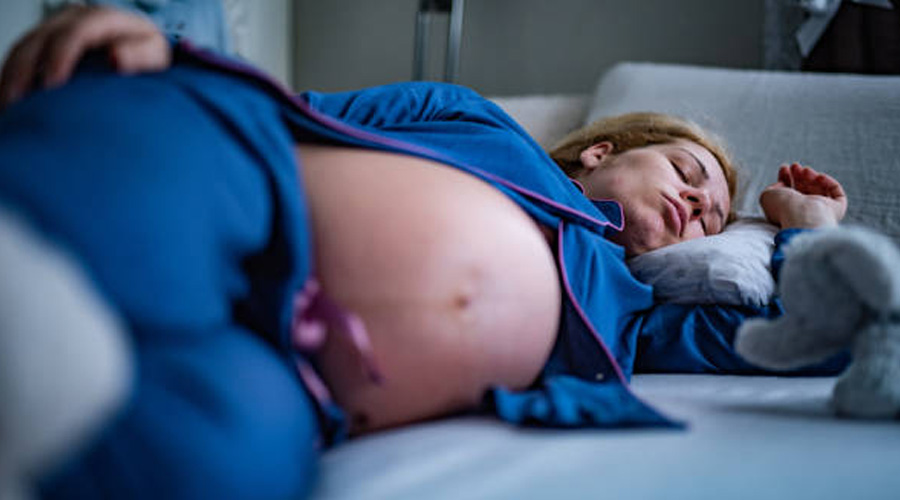
Sleep apnea is a common disorder that can affect anyone, but is more common in pregnant women. The disorder is characterized by pauses in breathing during sleep. These pauses can last for a few seconds or several minutes and can occur up to 30 times an hour. Sleep apnea can lead to health problems such as high blood pressure, heart disease, and stroke.
Sleep apnea usually goes away after pregnancy. However, if it does not go away or gets worse after pregnancy, you should see your doctor. Treatment for sleep apnea may include lifestyle changes, such as losing weight or quitting smoking, and/or using a CPAP machine while sleeping.
Derivation
Sleep apnea can be a serious problem during pregnancy and must be treated in order to ensure a healthy pregnancy. If you are pregnant and think you may have sleep apnea, talk to your doctor right away.
There are many treatments available for sleep apnea, and most women can find a treatment that works for them. Treatment is important not only for the health of the mother but also for the health of the baby.
FAQ
Can sleep apnea harm an unborn baby?
Sleep apnea is a common sleep disorder that can cause pauses in breathing during sleep. It is estimated that 2-4% of pregnant women have sleep apnea.
While the effects of sleep apnea on pregnant women are not well understood, there is some evidence that it can harm the unborn baby.
One study found that babies born to mothers with untreated sleep apnea were more likely to be premature and have low birth weight.
They were also more likely to require oxygen after birth and to have problems with breathing and heart function.
Another study found that babies born to mothers who used a CPAP machine (a device used to treat sleep apnea) during pregnancy were less likely to be admitted to the neonatal intensive care unit.
While more research is needed, it is important for pregnant women with sleep apnea to seek treatment.
Is it common to get sleep apnea while pregnant?
Sleep apnea is a common sleep disorder that causes you to stop breathing for short periods of time while you’re asleep.
It’s more common in men than women, and it’s even more common in pregnant women. In fact, up to half of all pregnant women will experience some form of sleep apnea during their pregnancy.
There are a few different types of sleep apnea, but the most common type is obstructive sleep apnea. This type is caused by a blockage in your airway, which can make it difficult to breathe.
Obstructive sleep apnea is especially common during pregnancy because the extra weight of the baby can put pressure on your airway.
If you think you might have sleep apnea, talk to your doctor. There are treatments available that can help reduce the symptoms and improve your quality of life.
Why do I have sleep apnea all of a sudden?
Sleep apnea is a sleep disorder that causes you to stop breathing for short periods of time while you’re asleep.
It can lead to daytime sleepiness and other health problems. Sleep apnea is often caused by obesity, but it can also be caused by age, smoking, and drinking alcohol.
If you suddenly start having symptoms of sleep apnea, see your doctor. He or she can determine if you have sleep apnea and help you get the treatment you need.
What helps with sleep apnea while pregnant?
Sleep apnea is a common sleep disorder that can cause problems for pregnant women. If you are pregnant and have sleep apnea, there are some things that may help you get better sleep.
First, try to keep a regular sleep schedule. Going to bed and getting up at the same time each day can help your body get into a routine.
Make sure your bedroom is dark and quiet, and avoid watching television or working on the computer in bed. You may also want to try using a humidifier in your bedroom to keep the air moist.
If you snore or have trouble breathing when you sleep, talk to your doctor about whether you should use a CPAP machine while you are pregnant.
What is sleep apnea during pregnancy?
Sleep apnea is a common sleep disorder that affects many people. Sleep apnea is a condition in which a person has pauses in their breathing or shallow breaths while they are sleeping.
Sleep apnea can be dangerous for pregnant women because it can reduce the amount of oxygen that the baby receives.
There are three types of sleep apnea: obstructive sleep apnea, central sleep apnea, and mixed sleep apnea. Obstructive sleep apnea is the most common type of sleep apnea.
It occurs when something blocks the airway and prevents air from flowing into the lungs.
Central sleep apnea is a rarer type of sleep apnea that occurs when the brain fails to send signals to the muscles that control breathing. Mixed sleep apnea is a combination of obstructive and central sleep apnea.

